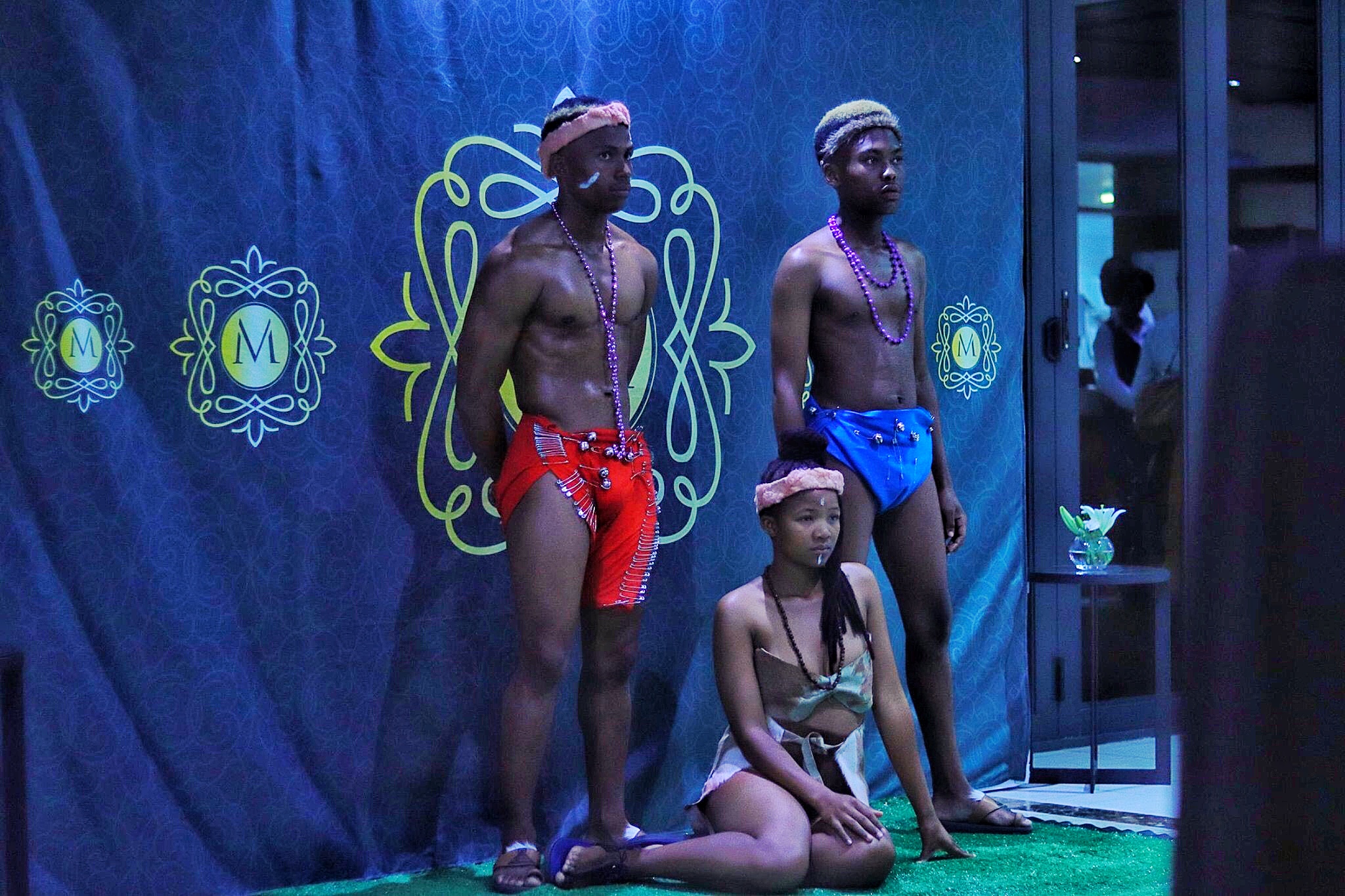Nthatuoa Koeshe
THE Lesotho Fashion Week ended on a high note on Sunday at Mpilo boutique with a cross cultural exchange from six international and two local designers.
The fashion week, which started last Friday with the red carpet networking session, designer meet and greet and a trade exhibition, hosted designers from Canada, South Africa, Botswana, Nigeria and Lesotho.
It was followed by a solo show by all the designers on Saturday where one of the designers, Cyd Eva from Canada, who is a co found of the brand Pattern Nation said the experience was amazing
“This was our first time showcasing here in Lesotho and what we brought was different because we brought a dance show on a runaway which I think people were not expecting,” Eva said.
She said their brand, which makes unisex clothing for all body types and ages, is all about colour and pattern.
 “Our brand is all about being free and being yourself and what we brought to this fashion week,” she said.
“Our brand is all about being free and being yourself and what we brought to this fashion week,” she said.
She said their best part of the fashion week was getting to know local artistes and working with the local dance group Step up.
Pattern Nation is a collaborative and inclusive platform aimed at connecting artists who embrace bold colours and patterns globally engaging with many indigenous and radical thinking artists globally. As an act of decolonisation through art, Pattern Nation shoots videos aimed at creating conversation around identity politics.
Local fashion designer, Makello Mngadi, who designs Seshoeshoe, beads and wool accessories said the Lesotho Fashion Week platform is important for artists to showcase their talent. She said she hopes to take part in more editions of the show as it grants artists exposure to international designers.
“I only get to sell my products on social media and I am honored to have had a chance to be part of the show even though I only took part for one day,” she said.

Socialite and Managing Director of Virtue Magazine, Carol Motolo in attendance
Another designer Felleng Hessini, who owns Tailored by Hessini, said if designers could receive support from Basotho, there would be increased participation of local designers in fashion shows as there is huge potential to rake in income from such shows.
“If Basotho supported local designers, that would go a long way in designers being able to participate in shows such as the Lesotho Fashion Week,” Hessini said.
Founder of the Lesotho Fashion Week, Mahali Granier, said apart from the reluctance to buy tickets for the show, the event went smoothly well.
“We have a huge challenge of Basotho not wanting to buy tickets and that’s not good for business because we have a huge team with some volunteering so we need people to start buying tickets,” Mahali said.
Mahali further noted that they have also had challenges in getting Basotho designers to showcase at the show.
“We charge M5000 registration fee and most designers in Lesotho classify themselves as tailors and when they check our requirements, they feel it’s too much which I understand,” Mahali said.



